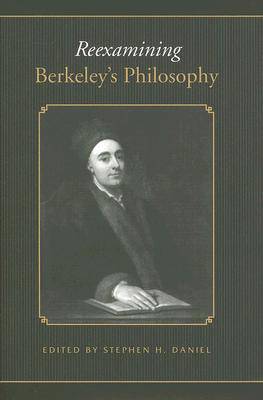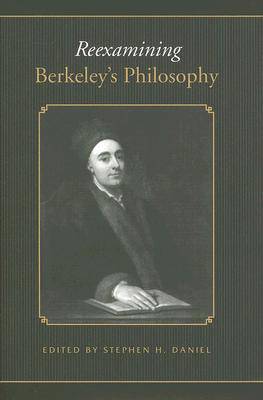
- Retrait gratuit dans votre magasin Club
- 7.000.000 titres dans notre catalogue
- Payer en toute sécurité
- Toujours un magasin près de chez vous
- Retrait gratuit dans votre magasin Club
- 7.000.000 titres dans notre catalogue
- Payer en toute sécurité
- Toujours un magasin près de chez vous
Description
George Berkeley (1685-1753) is perhaps most famous for his assertion that our knowledge of the world is nothing other than the experience of our ideas. Reexamining Berkeley's Philosophy examines this aspect of Berkeley's thought, arguing that such a viewpoint assumes that physical objects and minds are better understood when discussed in the contexts of science, morality, and religion. This collection confronts the question: how can we know anything about the world if all we know are our ideas?
Comprised of eleven previously unpublished essays by leading scholars in the field, Reexamining Berkeley's Philosophy demonstrates how things in the world are intrinsically related to the sequence of experiences that constitute minds. This collection also discusses how the harmony of experience reveals strategies for recognizing the inherently active character of reality. Ultimately, this volume represents a major contribution to the study of Berkeley's philosophy by critiquing the tendency to generalize his thought as a version of theologically modified solipsism. In this way, it is a unique and invaluable addition to Berkeley scholarship.
Spécifications
Parties prenantes
- Auteur(s) :
- Editeur:
Contenu
- Nombre de pages :
- 224
- Langue:
- Anglais
- Collection :
Caractéristiques
- EAN:
- 9780802093486
- Date de parution :
- 01-07-07
- Format:
- Livre relié
- Format numérique:
- Genaaid
- Dimensions :
- 235 mm x 161 mm
- Poids :
- 530 g







